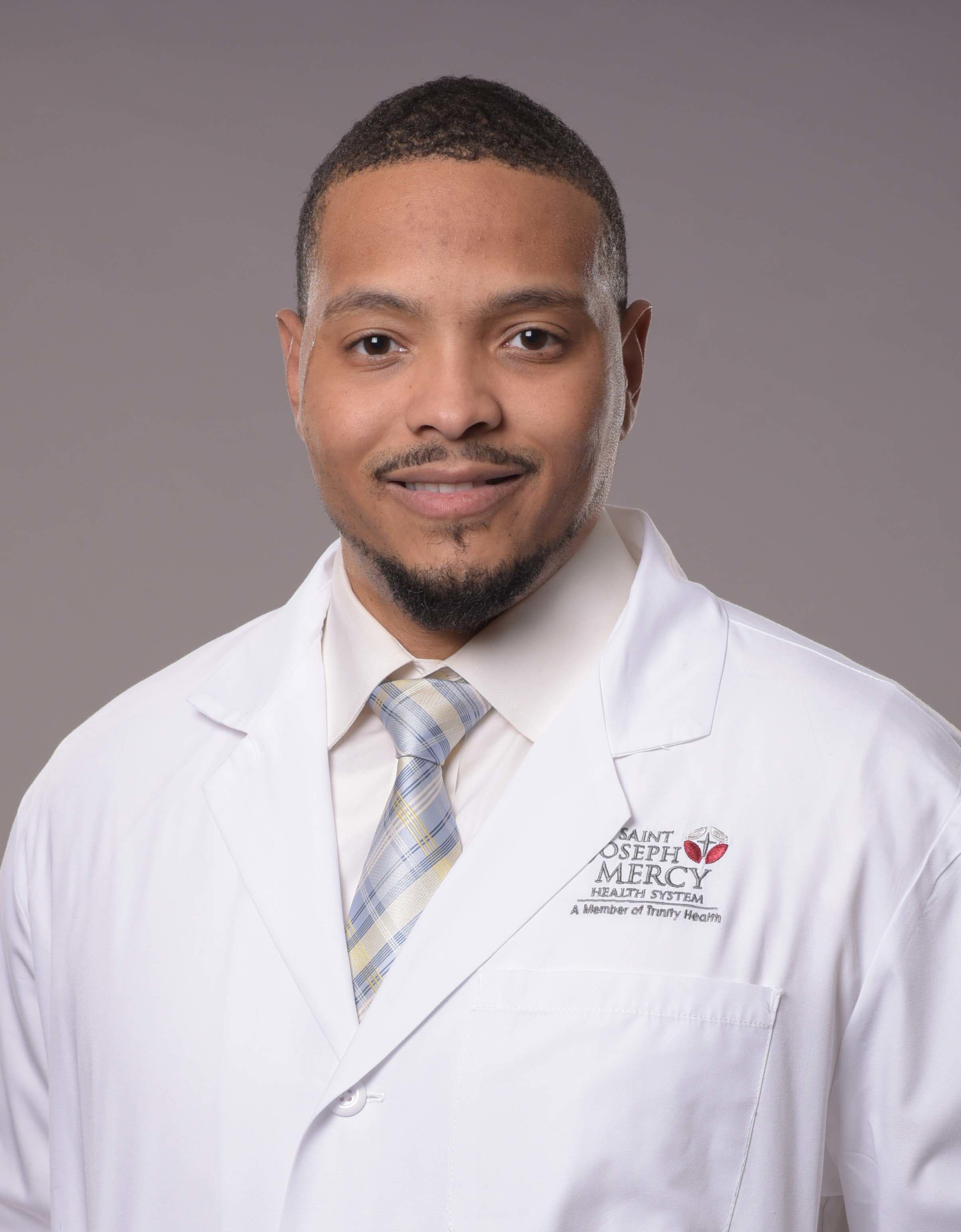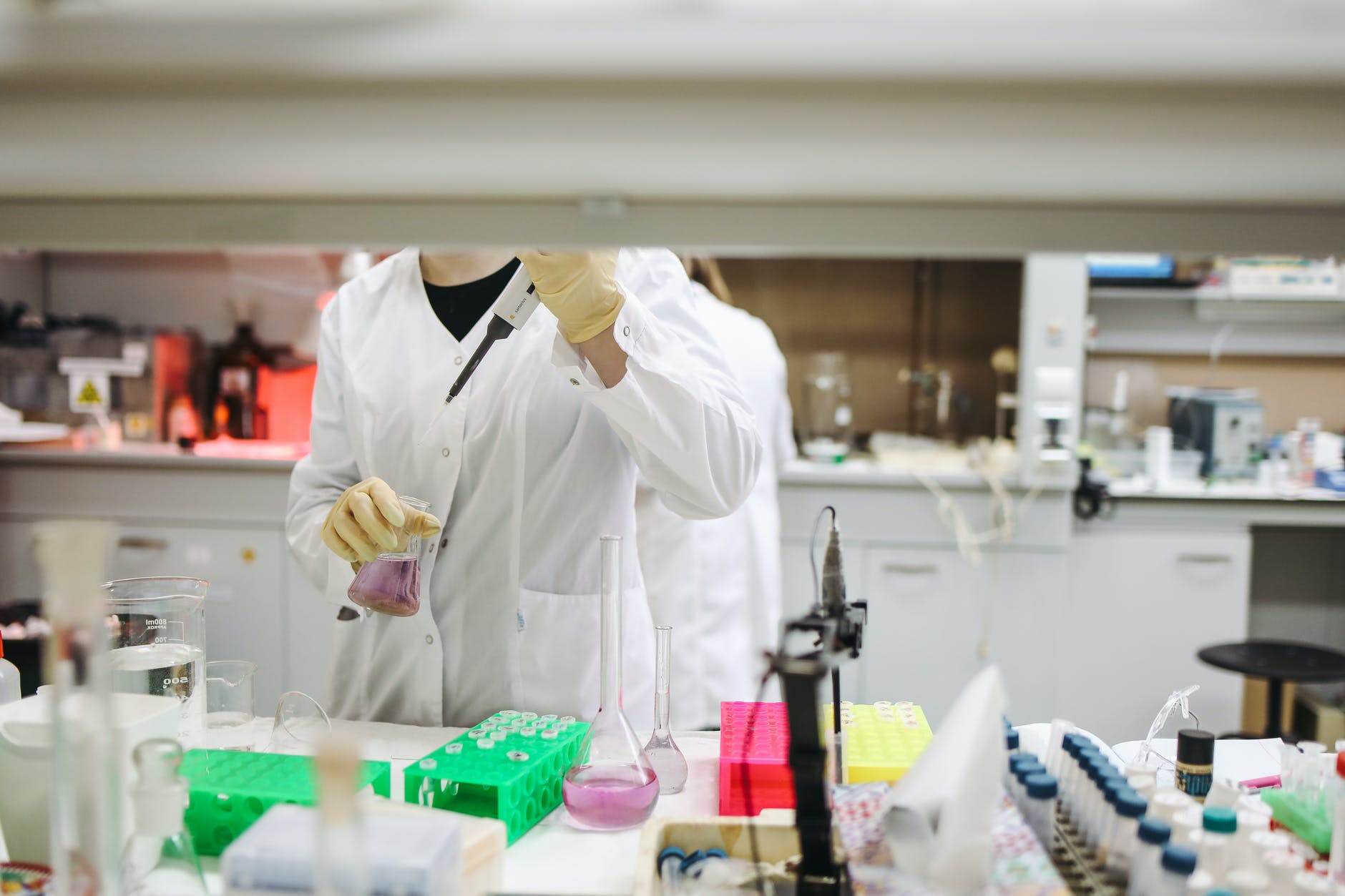#QuarantineChronicles
There’s no doubt that the coronavirus has made drastic impacts in our lives, that we will feel long after the crisis. But on the flip side, it’s shining light on our unsung heroes, our health care professionals who are finally receiving the long, overdue respect and recognition they deserve.
And if what doctors were telling you were going in one ear and out the other before, it’s definitely sticking now.

“Here in Detroit, we see a lot of ignorant folks out partying still, barbecuing in large numbers,” Dr. DeLorean Griffin, a plastic surgeon at St. Mary Mercy Hospital Livonia in Detroit, said Monday. “And you can significantly spread the virus that way. One person can affect 40 people and that 40 can affect thousands.”
According to the Michigan Department of Health and Human Services, as of Thursday afternoon, over 21,000 coronavirus cases have been confirmed in the state and 1,158 deaths. 33% of those cases are African American. In the Motor City alone, coronavirus cases are over 4,000 and there have been 229 deaths, making it one of the hardest-hit cities in the country.
“It has hit home both professionally and personally,” said the 2002 graduate of Florida A&M University (FAMU) who has lost two people close to him so far during this pandemic. “It’s not to be taken lightly.”
“Here in Detroit, we see a lot of ignorant folks out partying still, barbecuing in large numbers…”
After graduating from FAMU with a degree in biology pre-med, Griffin went on to attend Wayne State University and worked for five years as a general surgeon in critical care and trauma.
Today, he is a plastic surgeon and has been practicing for almost five years. His duties do not currently put him directly on the frontlines of COVID-19, but if things keep progressing the way they are, those responsibilities can change.
“I hate to be the bearer of bad news, but I don’t see an end in sight. Everybody is putting dates on it (coronavirus). ‘It’s going to be June; it’s going to be May. But until that curb flattens out, I don’t see an end in sight, it’s indefinite.”
“They (medical experts) say it might be seasonal like the flu and that’s a real problem because that means we’re dealing with this every year because it never goes completely away. It’s not like the measles where you have a vaccine for it and polio where you can completely eradicate the disease. This is something that can mutate. It’s a bad situation.”
Like many hospitals across the country, his hospital is also dealing with a shortage of medical personnel and supplies such as the disposable N-95s mask.
Stricter protocols have been put in place at his job. As of two weeks ago, the hospital requires all of its employees to wear street clothes to work, change into their scrubs immediately once they get there and wear masks and gloves dealing with any patient, whether they have the coronavirus or not.
“I hate to be the bearer of bad news, but I don’t see an end in sight…until that curb flattens out, I don’t see an end in sight, it’s indefinite.”
Then there’s the confusion over debate and diagnosis. Many people believe they experienced the coronavirus before it came on our radar at the end of last year and the beginning of January. Even Griffin says he had a bad dry cough and chest pains that lasted over two weeks that he thought were highly unusual.
“I thought about it, but most epidemiologists say it hasn’t been in the area much earlier than February when the cases started to actually increase.”
Griffin did end up testing for the virus. Fortunately, it came out negative. However, according to him, the tests have a 33% false-negative rate.
“So, you can actually have it and have a negative test.”
 And although vaccines are promising, the first doses are not expected until 2021 after trial phases. Even then, Griffin says the perspective of vaccines will be another challenge to overcome among African Americans.
And although vaccines are promising, the first doses are not expected until 2021 after trial phases. Even then, Griffin says the perspective of vaccines will be another challenge to overcome among African Americans.
“We convinced ourselves, especially in the Black community, that vaccines are dangerous. But I can see the apprehension of wanting to inject even a portion of this virus if it can spark that immune response that you desperately need to fight it.”
President Trump has touted the success of the lupus drug hydroxychloroquine, in combination with a Z-pack antibiotic as the cure for coronavirus. But Griffin says the problem with this treatment is that it could cause more harm than good if not taken correctly.
“You had people taking this drug meant for lupus patients and actually dying from taking this drug because there is a specific amount you’re supposed to take, and you shouldn’t bypass that amount.”
However, Griffin said the drugs are being used in ICUs and shows some promising results as far as being able to slow the spread of the virus.
He adds that over-the-counter drugs like Tylenol are also known to provide temporary relief, but Motrin may be detrimental to the body when fighting COVID-19. In the end, the journey to beat the coronavirus is a marathon, not a race.
“We convinced ourselves, especially in the Black community, that vaccines are dangerous. But I can see the apprehension of wanting to inject even a portion of this virus if it can spark that immune response that you desperately need to fight it.”
“Nothing is going to kill the virus; it’s just going to treat the symptoms,” he said. “It’s better to do that before it gets to the point where patients on the ventilator and you can’t get them off. That’s what killing people.”
He suggests the best remedies are what we have been doing – boosting our immune systems, practicing social distancing and staying home.
“If you don’t have a reason to be out, don’t do it,’’ he added.

